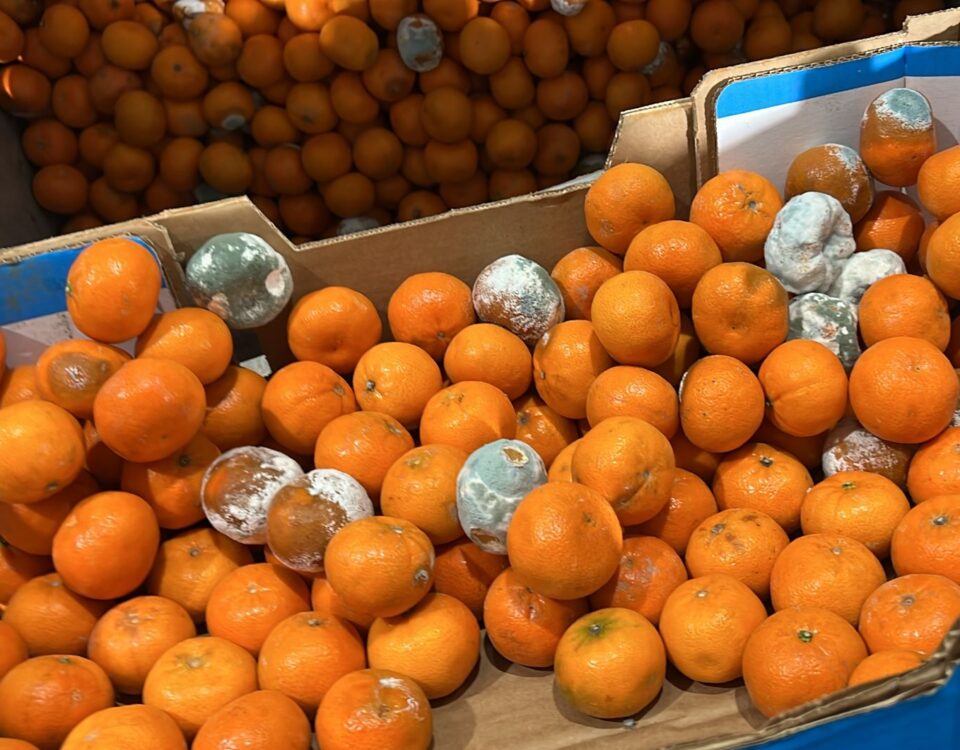The best tip for africa cargo importers. Now.

You’re wasting time and burning money on cargo claims
August 11, 2021
How to stand out in the market today as a Freight Forwarder?Know THIS
September 7, 2021Over the last year, Africa has been the biggest loser of vessel TEU capacity as carriers have deployed greater tonnage to more profitable tradelanes. Data shows that capacity to and from Africa has decreased by 6.5% compared to a year ago.
Although demand from the Africa continent has not decreased, carriers have shifted more vessels from Africa due to the higher revenues able to be earned on other trade routes, such as Asia-Europe, transpacific and transatlantic.
What does this mean for African shippers?
Fewer vessels coming to and from Africa means fewer slots on vessels. This results in long delays at transhipment ports for imports and longer delays at ports of load for exports as containers await vacant slots on vessels or there is an equipment shortage.
The combination of these causes means loss of revenue for importers and exporters.
For the fresh produce and foodstuff markets, the consequences are even harder as cargoes are prone to excessive transit times resulting in cargo damage and destruction.
How can African shippers help themselves?
Due to the loss of revenue for both importers and exporters, African businesses must take every possible chance to boost their bottom lines.
Claiming against liable carriers is one way to recover transit losses. This does not mean that your cargo has to be damaged or stolen, shippers may have the opportunity to claim detention and demurrage charges back from shipping lines and/or claim for delay in delivery which resulted in reefer cargo total loss.
Conclusion
African shippers cannot change recent trade lane shifts.
However, they can boost bottom lines by recovering cargo claims, excessive D&D costs and should look at the possibility of claiming for delays in delivery, especially for reefer cargo.
It is time to ditch century-old misbelief that shipping lines blacklist importers, rollover cargo, do not grant free days, you name it-if importers pursue a cargo claim for recovery. Nothing can be further from the truth.
The opportunity of a lifetime is here! Don’t miss it! Control what you can.



